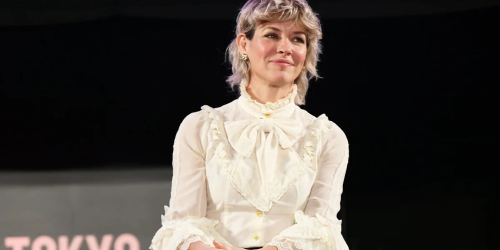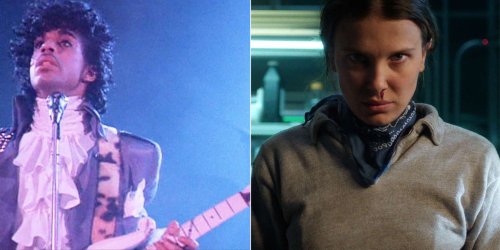Scientists Reveal Three Masculinity Types

Straight men fall into one of three distinct masculinity categories that define how they navigate romantic relationships, according to researchers.
Experts from the University of British Columbia conducted interviews with 92 heterosexual men, aged 19 to 43, from 14 different countries. Their study focused on how men approach their partnerships as gender roles continue to evolve.
Related: Want More Action? Science Says Men Should Do This One Thing…
The Three Masculinity Categories
1. Neo-Traditionalist
The first masculinity type researchers identified is “neo-traditionalist.” Men in this group largely adhere to traditional gender roles, positioning themselves as the provider and protector in their relationships. They often assume the responsibility of making decisions and expect their partner to fulfil more conventional, supportive roles.
2. Egalitarian
Next up is the “egalitarian” group. These men strive for balance and fairness in their relationships, emphasizing mutual effort. The focus here is on give and take, with both partners contributing equally. In this category, men are more likely to split household chores, finances, and emotional labour.
3. Progressive
The third category is “progressive” masculinity, where men actively engage in conversations about gender equity. They’re intentional about building fairness in their relationships and often work alongside their partner to adjust responsibilities based on changing needs. Progressive men also focus on social justice and strive to challenge their privilege, both in their relationships and in the wider world.
Breaking Free from Toxic Masculinity
One key finding from the study is that less than a quarter of the men interviewed (24%) identified with neo-traditionalist values.
A full 50% of participants distanced themselves from traditional masculine norms, such as dominance, emotional suppression, and reluctance to share household responsibilities.
Interestingly, 26% of men were categorized as progressive, prioritizing fairness and making conscious efforts to promote gender equity in their relationships. But the most common type was egalitarian, with men focusing on equal contributions and reciprocity—keeping tabs on who’s doing what to ensure a balanced partnership.
What Does This Mean for Modern Relationships?
The findings highlight a cultural shift among younger generations of men who are moving away from outdated concepts of masculinity, especially toxic traits like aggression and emotional unavailability.
Today’s men are more likely to share the load of household tasks and engage in open, honest communication with their partners.
Whether you identify as a neo-traditionalist, egalitarian, or progressive, it’s clear that masculinity is evolving. So, which category do you think you fit into?
Beat FOMO by being in the know!
Sign up for our newsletter today and never miss a beat.





